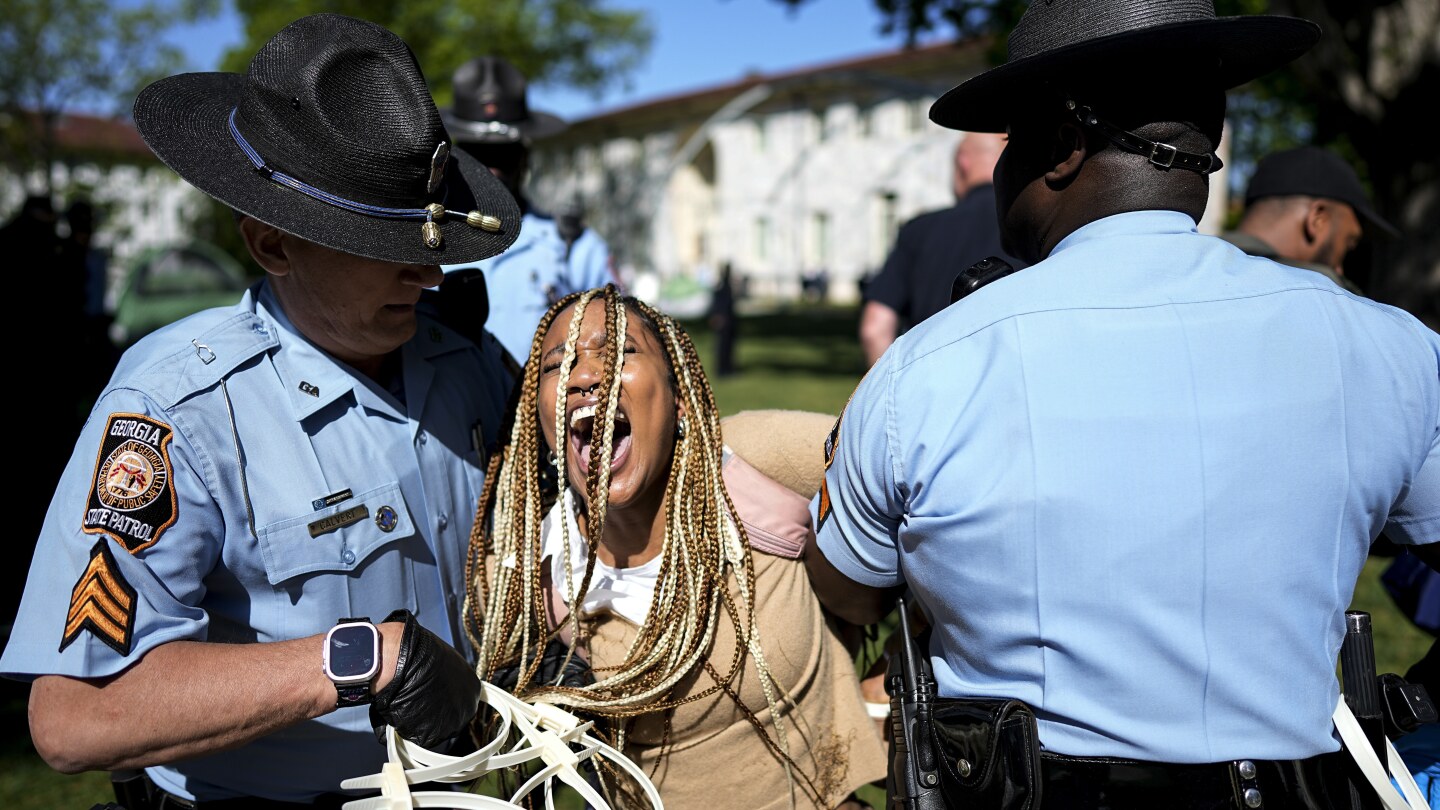Maryam Alwan figured the worst was over after New York City police in riot gear arrested her and other protesters on the Columbia University campus, loaded them onto buses and held them in custody for hours.
But the next evening, the college junior received an email from the university. Alwan and other students were being suspended after their arrests at the “ Gaza Solidarity Encampment,” a tactic colleges across the country have deployed to calm growing campus protests against the Israel-Hamas war.
The students’ plight has become a central part of protests, with students and a growing number of faculty demanding their amnesty. At issue is whether universities and law enforcement will clear the charges and withhold other consequences, or whether the suspensions and legal records will follow students into their adult lives.



i’m not really sure how this is unfair. protesting can mean running up against laws and breaking them. the question is whether the cause you’re protesting for means enough to you to accept that.
Because it is unrelated to their studies/work at the university and they shouldnt be attacked for it by their institution/employer for their political views.
It’s not illegal to protest.
I’ll go with colleges are failing their basic mission of providing a safe place to help kids develop into adults. Whether you agree with them or not, the university should be in the business of creating that safe place, helping develop the future, not escalating, not poisoning the future of the kids entrusted to them.